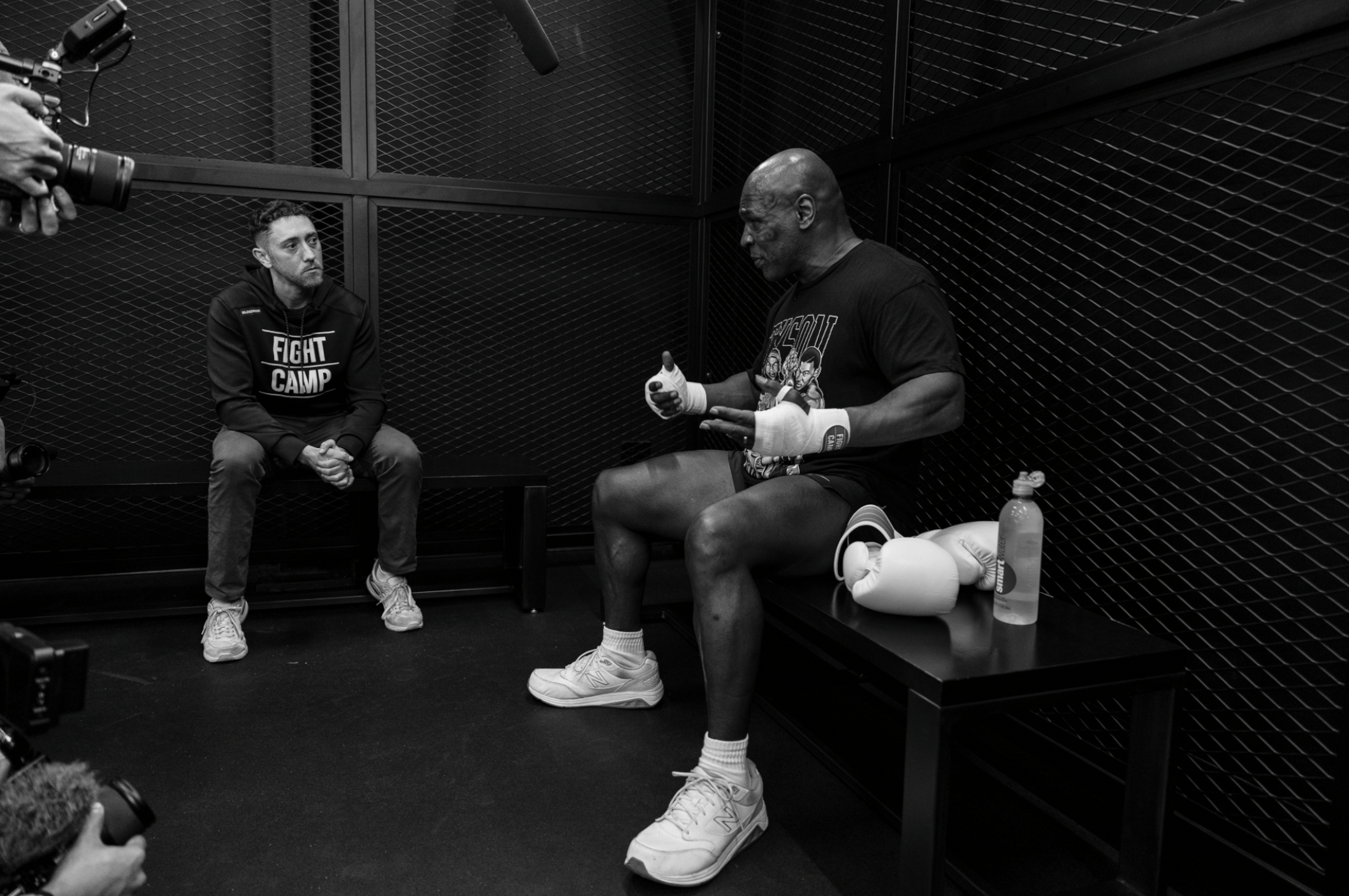20,000 + Members. One Standard.
More than 20k members have turned rounds into results - stronger bodies, steadier minds – and found the fighter within.
)
Kellie Frederick
Check out how Kellie lost 100 pounds, started boxing in the Amateurs, and found her Fighter within.
The Science Behind The Work
Evidence from peer-reviewed studies-cardio, power, coordination, and mental health-quoted in their words
)
Improved Focus
"It’s very hard to box effectively and multitask... [Boxing] is a great opportunity to develop attention in the moment — accuracy, focus, concentration, and all of those things help develop your sense of self-confidence." Source: Ross Flowers, Sports Psychologist for college, Olympic, and professional athletes, including the Los Angeles Clippers and Los Angeles Rams. “The Mental and Physical Effects of Boxing”
)
Stress Relief Beyond Belief
"The act of hitting a punching bag during a boxing workout can serve as a form of catharsis, allowing individuals to physically express frustration or anger in a controlled environment. This physical release, combined with the endorphin rush that comes from high-intensity exercise, makes boxing one of the best forms of exercise for stress management." Source: Adams, R., & Kirkby, R. J. (2001). Exercise dependence and associated stress in amateur boxing: A study of psychological well-being. Journal of Sports Sciences, 19(5), 384-392.
)
Increased Metabolism
"While weightlifting primarily focuses on building muscular strength and hypertrophy, boxing is a multifaceted workout that combines strength with cardiovascular endurance, agility, and coordination. Boxing sessions elicit greater cardiovascular responses due to the continuous movement and high-intensity nature of the sport. This makes it a superior full-body workout for improving overall fitness and metabolic health..." Source: Smith, M. S. (2006). Physiological profile of elite junior and senior amateur boxers. Journal of Sports Science and Medicine, 5(CSSI), 74-89
)
Better Balance & Posture
"Boxing improves balance, strengthens upper- body and core, boosts endurance, may increase alertness, Enhances mood, helps posture, improves hand-eye coordination, and it’s a Great way to fight mental illnesses." Source: Harvard Health Publishing, “Punch up your exercise routine with fitness boxing”
)
Promote Longevity
"Research suggests that high-intensity training modalities like boxing can improve mitochondrial function and reduce cellular aging markers, making it a highly effective intervention for slowing the aging process and promoting longevity." Source: Gibala, M. J., & Little, J. P. (2010). Short-term sprint interval versus traditional endurance training: Similar initial adaptations in human skeletal muscle and exercise performance. Journal of Physiology, 588(6), 1011-1020.
)
Burn More Calories, Faster
"Boxing training sessions can burn up to 800 calories per hour, making it one of the most efficient forms of high-intensity interval training (HIIT). The combination of aerobic and anaerobic exercises in boxing elevates calorie expenditure both during and after the workout, due to the afterburn effect (excess post-exercise oxygen consumption or EPOC), which enhances fat oxidation for hours post-training." Source: LaForgia, J., Withers, R. T., & Gore, C. J. (2006). Effects of exercise intensity and duration on the excess post-exercise oxygen consumption. Journal of Sports Science, 24(12), 1247-1264.
FightCamp In The News
Write your Day 1
More than 20k members have turned rounds into results and found the fighter within.
